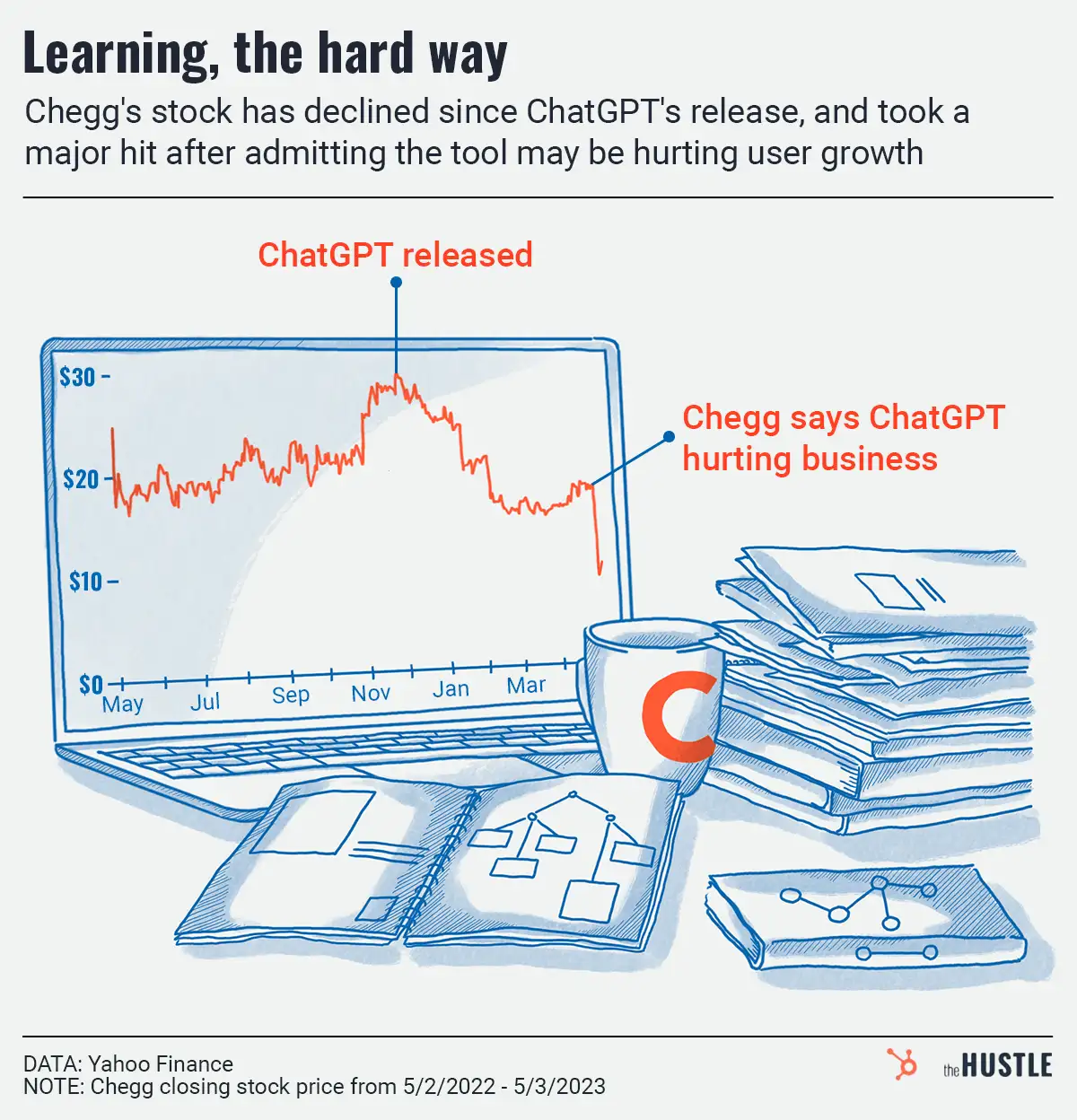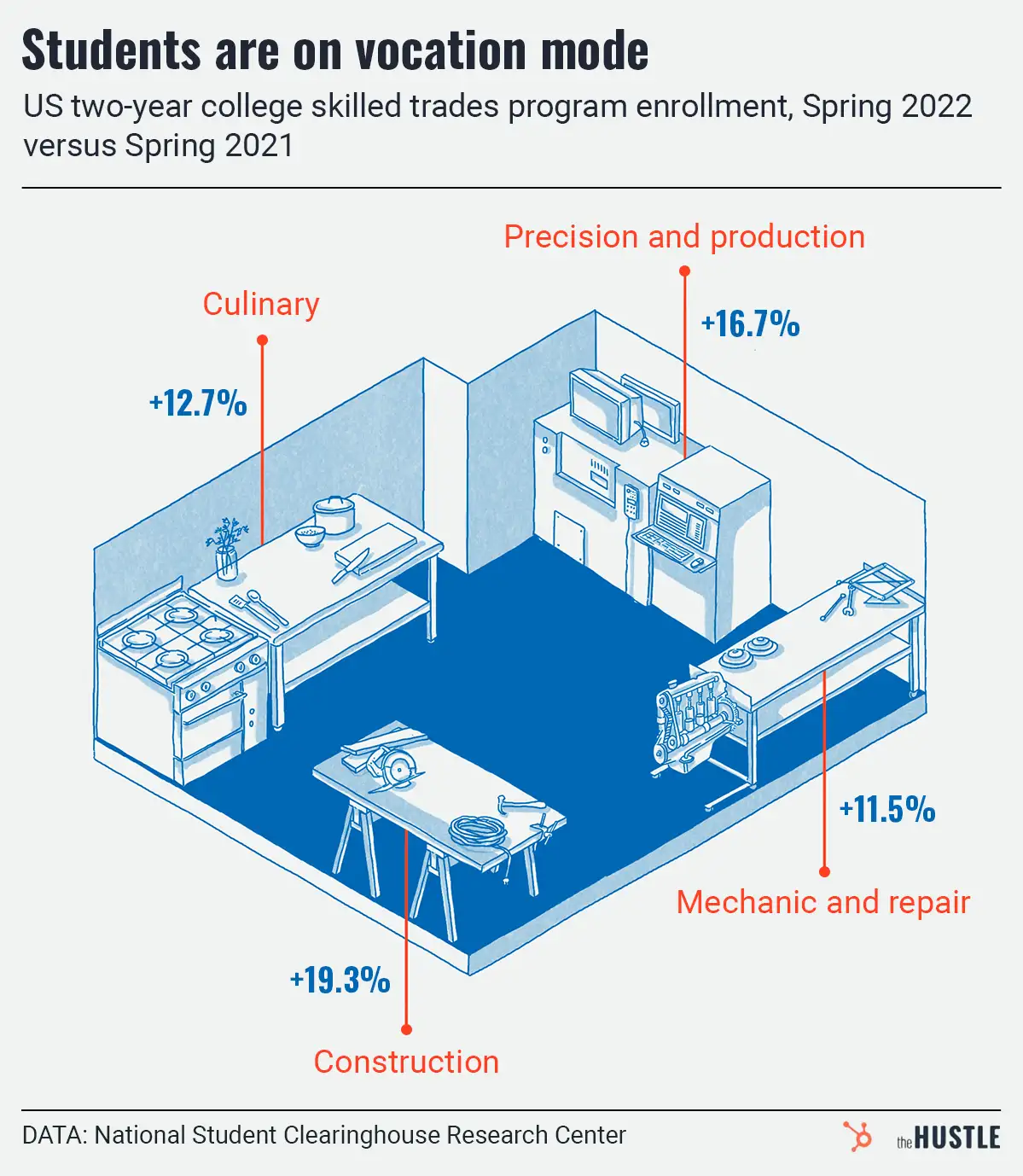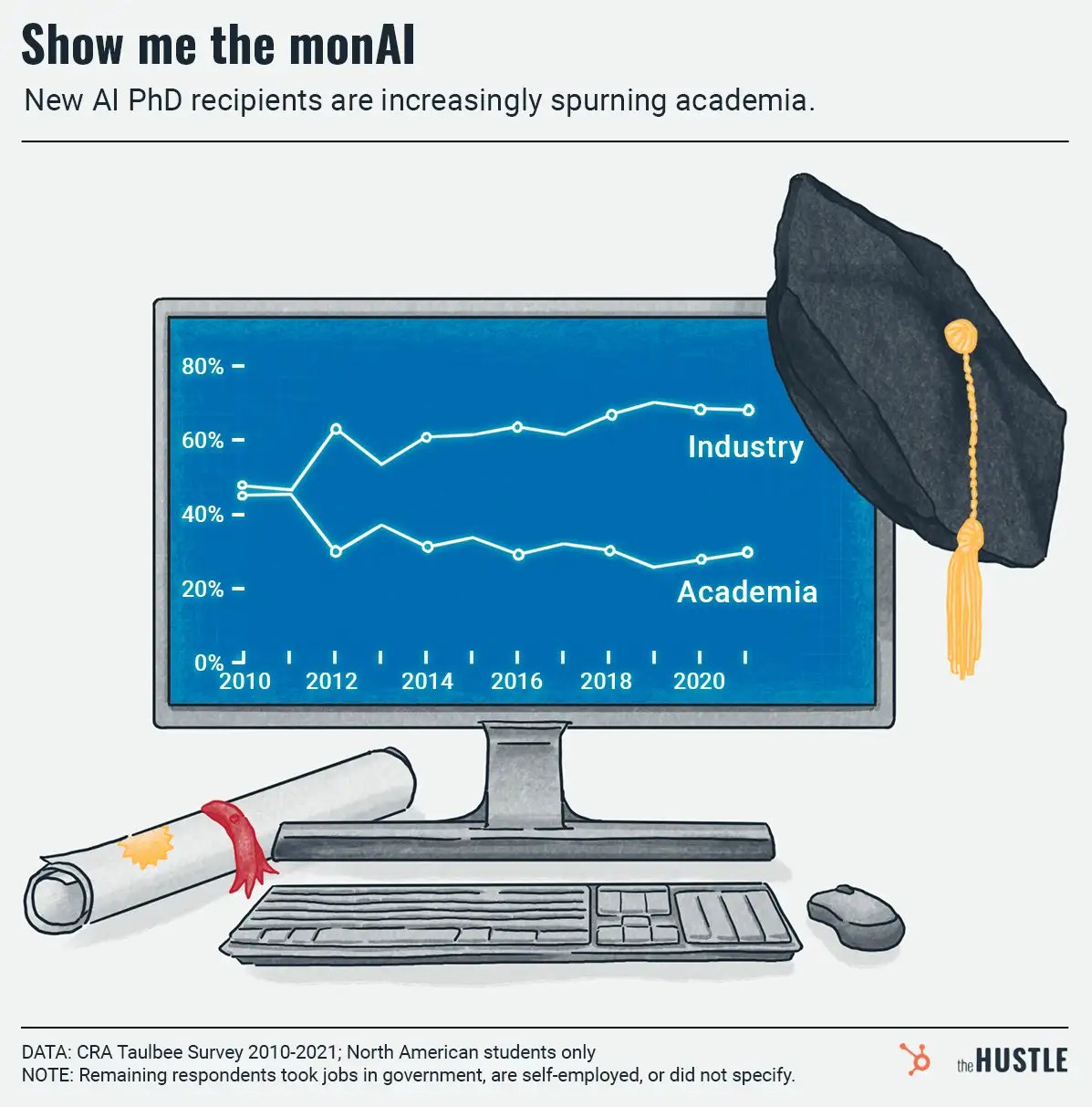A scandal in which a successful professor is accused of fabricating data is revealing some interesting aspects of academia, including the existence of “data vigilantes.”

Francesca Gino…
… is a behavioral science researcher, author, and public speaker. Until she was placed on leave in June, she was a top-earning Harvard Business School professor, per Insider.
She’s also published 135+ papers, many of which have been picked up by media outlets — like a 2012 study that suggested putting an honesty pledge at the top of a document discourages cheating.
But does it?
A group of “vigilante” professors founded Data Colada in 2012, believing that scientific journals published studies that used altered data.
In 2020, Gino and her co-authors revealed they could not replicate their 2012 study and publicly shared the data for the first time. Data Colada jumped on it and found:
- Odometer readings from an auto insurance company had been fabricated. Dan Ariely, the professor who received the data, agreed that it was fabricated, but both he and the insurance company have denied doing so, per NPR.
But Data Colada also accused Gino of fabricating other data, not just in that study, but three others — and “perhaps dozens.”
This could have ramifications for her collaborators, researchers who used her studies, and the governments and organizations that implemented changes based on her research.
Why would anyone falsify data?
Gino and Ariely are not the only people who have been accused of working with fabricated data.
To achieve tenure, professors have to get papers published in journals. Research that turns out to be insignificant isn’t as likely to be published — or go viral in the media.
To curb this:
- It’s becoming more common to share data upfront, meaning researchers are free to inspect it for anomalies.
- Journals are publishing studies with null or mixed results, making it less enticing to tweak data to arrive at favorable findings.










